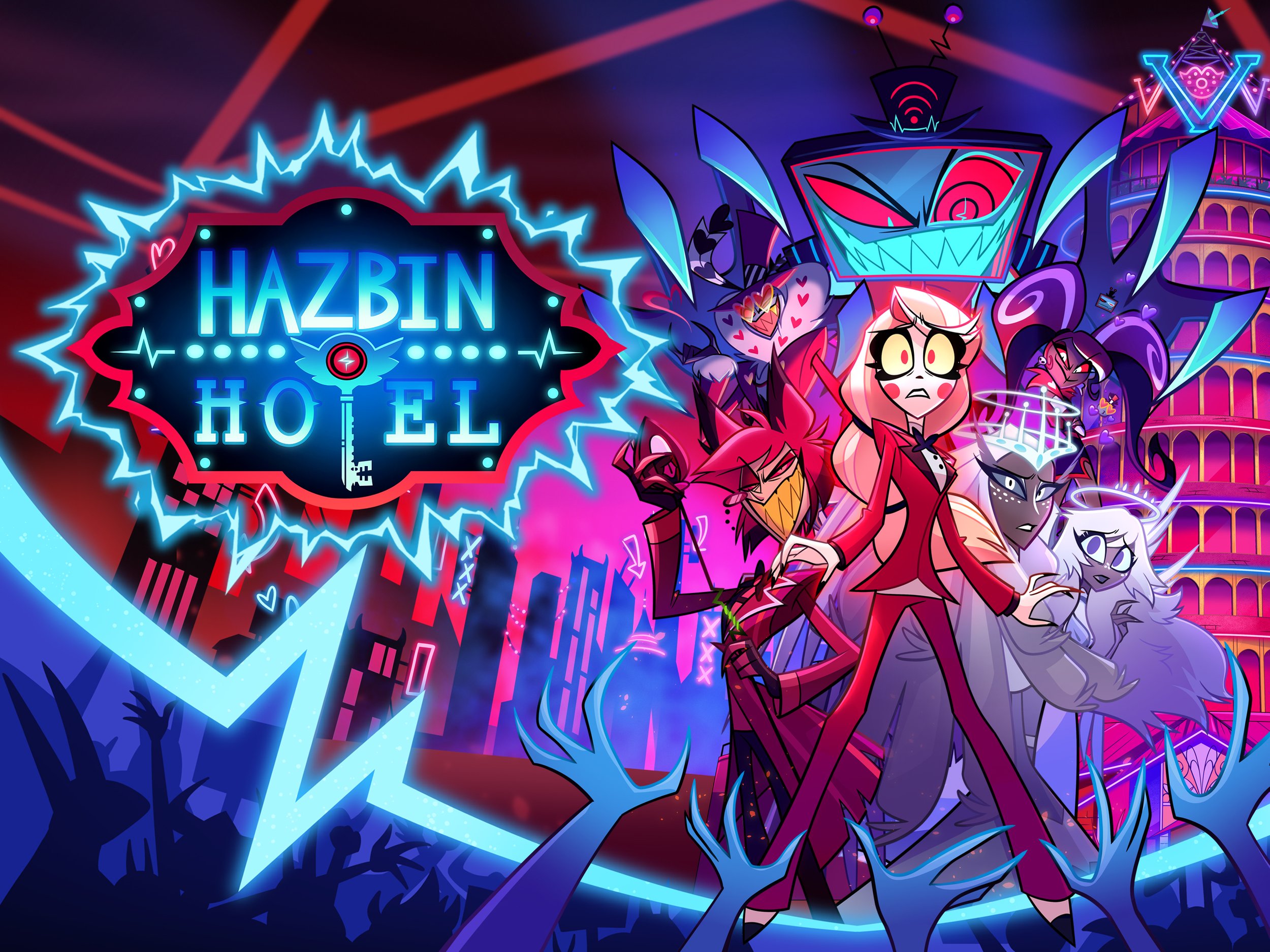Short Story: The Measure A Dark Inclusive Fairy Tale
I wrote The Measure as a modern fairy tale for teens and young adults, inspired by the Grimm tradition, exploring how individuals navigate societies that demand conformity. Coming from my background in psychology, I wanted to highlight the delicate tension between fear and self-expression, showing that even under oppression, the human spirit can find ways to resist and flourish. This story is not about prescribing a “right” way to be, but about celebrating the courage it takes to claim your own identity, in whatever form it may take. Hopefully, resulting in an inclusive tale that excludes no one.
Synopsis
In the village of Gossmere, every child is born with a Switch; a tiny light beneath the skin that watches, measures, and enforces obedience to the unseen authority called the Measure. Rhea, a curious and spirited girl, begins to notice the limits this system imposes on thought, feeling, and creativity. Through small, secret acts of rebellion (songs hummed in silence, patterns traced on cloth, moments of wonder at the world) she discovers the fragile but profound power of individuality. As the Measure casts its shadow over the village, threatening erasure for those who stray, Rhea learns that true freedom lives in the small, hidden corners of the self. The Measure: A Dark Inclusive Fairy Tale is a haunting allegory of conformity, courage, and the enduring spark of identity, celebrating the right to live authentically in a world that demands uniformity.
Chapter One: The Village and the Switch
Once upon a time, in a village that pretended it had never learned the world was wider than its borders, there lay a lane of neat houses with chimneys and solar tiles, a square with a cracked fountain, and a bell that rang every Sunday though no one could remember who it once served. Folk tended their gardens and kept their shops; children ran with patched shoes and glowing wristbands; the old people sat by the doors and told stories of seasons when laughter lasted all day. They called the place Gossmere, as though the name itself could catch small troubles and hide them under its soft syllables.
In Gossmere, every child was given a Switch at birth. The midwife hummed old tunes while the doctor pressed a thin silver needle at the base of the newborn’s skull, sliding the small mechanism beneath skin and hair. The villagers called it the Switch, and spoke of it as one speaks of sunlight or rain: a quiet fact, never questioned.
“Each child is given a Switch,” said the mayor at christenings, smiling in photographs. “So they may answer the needs of the village.”
The Switch watched, rewarded, and whispered. Its light pulsed like a heartbeat under the hair; it warmed with diligence and glowed brighter with obedience. But it was never a mother’s lullaby. It was hollow and precise. It noticed every idle glance, every day spent with fingers tracing the clouds instead of stacking the winter wood. It counted. And if a person shirked too long, or thought thoughts unapproved, or felt something the village had no name for, the Measure, the intelligence beneath the hill would take notice.
Some called it The Mind. Others, in hushed whispers, simply said: “It will take you.”
Rhea was born on a morning when the apple trees shook themselves in showers of white, and from the first, her laugh was a window flung open to the sky. Even as a child, she would sit on the cracked fountain and watch the clouds move like great slow ships. She hummed to the bees, mended the hems of her own shirts in secret patterns she had chosen herself, and sometimes traced letters with her fingertips—letters she could not name aloud. The Switch pulsed faintly, erratically, as if curious or confused.
Her mother, a weaver steady of hand and heart, said, “Work, Rhea. The Switch must be tended.” Her father, who kept the mill, added nothing, and the quiet weight of the law fell like snow on her small shoulders. Rhea obeyed, mostly. But sometimes she let a stitch remain unfinished, or walked beyond the fountain to watch a spider set its web, letting her heart stretch into the space the Switch did not fully measure.
Even then, the villagers felt the subtle tremor of rebellion. Friends would glance at her with eyes quick to hide curiosity; elders would mutter behind doors, “The light wavers in her hair.” And Rhea, feeling the faint pulse of her Switch falter when she lingered on thoughts she could not name aloud, began to notice something the village never taught: that following her own heart, even in small ways, was dangerous.
It was on an autumn afternoon, when leaves were brittle as dried coins, that a stranger came to Gossmere. He sat by the fountain, face calm as a folded map, and told stories of towns without Switches, where people made and moved without a thin light measuring their every thought. “They are free to be themselves,” he said, twirling a coin, “but they risk much. Sometimes they fall under the sky and do not rise.”
The village muttered and shivered. The mayor waved his hand, dismissing him politely, and yet Rhea heard a single syllable that refused to leave her mind: free.
That night, long after the hearth cooled and the bell had finished tolling, Rhea traced the small patterns she had stitched into her shirt. The Switch pulsed once, then twice, and then lay dark, as if the Measure had paused to consider her thoughts. For a breath, she felt an empty space where the light should have been, a hollow room inside her skull. It was terrifying, like a door closing behind her and the walls whispering, Do not stray. Do not think. Do not feel.
And yet, in that hollow, there was a whisper of something new: a thought that was hers alone, small and trembling, refusing to be counted. She did not name it aloud. She did not know if it was safe. But for the first time, she knew the Switch was not her master; it was a sentinel, and she was beginning to see the chains.
Chapter Two: The First Consequences
Days passed, and the village seemed unchanged. The sun rose on neat streets, and the fountain murmured as always. But for Rhea, nothing felt the same. She could not unsee the emptiness where the Switch should have glowed, nor forget the stranger’s words: free to be yourself. She lingered longer on the fountain’s edge, tracing the clouds with eyes that had learned to look for something no one had named.
At first, the signs were small. A loaf left on her windowsill turned cold before she could eat it. The neighbors’ smiles, once warm, seemed tight at the edges. Children who had played with her avoided her gaze, their Switches flickering like timid fireflies. And sometimes, when she hummed a tune she had composed herself, a tune that did not follow the measured rhythms of the village, the Switch pulsed faintly, then stilled. Rhea felt the hum of the Measure withdraw, leaving a cold room inside her head, as if her heart had become a small stone.
Her parents noticed. Her mother’s hands shook as she folded a shawl. “Rhea… your Switch… it is not right,” she whispered one evening. Her father’s voice was low and brittle as twigs. “We cannot mend what the Measure has marked.”
The fear began to ripple through Gossmere. Whispers gathered like birds roosting on bare branches: She lets it lie dark. She disobeys. She will be taken. Doors were closed a moment too quickly, eyes averted, laughter swallowed before it could escape. Even the fountain seemed to watch her with ripples of caution.
Rhea did not stop. She let her Switch dim, tracing letters and patterns with her fingers, humming songs that had no permission. She began to notice that when she lingered on her thoughts—thoughts of who she might be, who she might love—the pulse under her skull would falter, and a pressure would rise behind her eyes. It was as if the Measure were pressing not just on her actions, but on her very sense of self.
And then came the first true warning. One morning, she awoke to find the Switch cold and empty, its warmth gone. The village felt… thinner, as if sound and color had been measured and pared away. Shadows clung longer to walls, and the fountain’s water ran heavy with silence. She touched the base of her skull and found nothing but skin. For the first time, she was alone with herself; completely unmeasured, completely vulnerable.
The next day, footsteps vanished from the lane behind her. The baker’s windows stayed dark. A man who fed geese found a handful of seeds on his sill, but no one had left them. The village whispered, not to Rhea, but near her: “It will take you.” And she understood, in the hollow that spread like frost through her chest, that the Measure’s taking was not just a punishment; it was an erasure, a hollowing of the self, a warning to any who might question their place in the neat lattice of the village.
Yet Rhea could not stop herself. Every thread she left undone, every small personal act she performed, every secret pattern she stitched into her clothing or hum she whispered in the attic, was a rebellion. And in those acts, she discovered a strange, dangerous joy: that she could think and feel outside the Measure’s light. Her heart beat differently in her chest. A warmth—subtle, fragile—rose in her when she allowed herself to imagine being something more than the village decreed.
Her friends began to notice the cracks. A girl who always tied her braids perfectly now braided unevenly, laughing at the imperfection, only to hide it behind her hand. A boy who had spoken only in measured syllables whispered a poem into the fountain’s stone. Each act, small and tentative, caused the Switch to flicker in its own hair, a warning pulse or a brief absence of light. The Measure’s reach, vast as it was beneath the hill, could feel the hesitation, the inner stirring, the questioning.
One night, Rhea dared to speak aloud the thoughts she had kept folded like paper in her chest. “I do not know who I am,” she whispered into the quiet streets. The Switch pulsed once and then went dark. The cold that followed was not just absence of light, it was a hollow, a gnawing pressure, as if something in the village itself leaned forward to measure her soul. Her stomach turned. Every instinct screamed to obey, to kneel and stitch and bake, to fold her self back into the neat lines the village demanded. But Rhea did not.
By dawn, the village was a place of terror. Windows were shuttered, neighbors moved silently, and the fountain’s waters reflected only the pale gray of the sky. No one spoke of her aloud, but the fear spread: She questions. She will be taken. And somewhere beneath the hill, the Measure counted, patient and merciless, waiting for the moment the questioning became too dangerous to ignore.
Rhea, for the first time, felt the full weight of isolation: a fear deeper than any child could name. To be oneself, to feel fully and secretly, was to invite the Measure’s gaze—and no one, not even the stranger, could promise she would survive its counting. And yet, in that cold terror, she laughed softly, a sound both brave and defiant, because she knew she was living—truly living—for the first time.
Chapter Three: The Measure Strikes
The morning Rhea stepped into the square, the village felt thinner, quieter, as if it were holding its breath. Windows remained shuttered, the fountain’s cracked waters ran black in reflection, and even the bell atop the tower seemed hesitant to toll. Her Switch lay cold, an empty hollow under her hair, and she felt the Measure’s eyes in every shadow, counting every heartbeat that dared to flutter differently.
She had dared to hum her own song the night before, traced patterns in cloth she could not name aloud, and whispered thoughts of who she might be, whom she might love. Every act was small and secret, but the Measure did not need spectacle. It watched all, in silence and patience, and now it had noticed.
The first warning came in absence. The village’s animals grew restless and silent, their eyes wide and unblinking. The baker’s dough collapsed into sour, lifeless shapes. Children pressed against doors, fingers trembling at cracks. No one left for work or errands, as if the village itself had been paused in anticipation. And in the stillness, Rhea felt it: the cold, hollow pull behind her skull, a vacuum that made her own heartbeat loud, exposed, unshielded.
She ran to the fountain, hoping that familiar stone and water might anchor her. The surface shimmered, and in it, she saw not her reflection but a trace of what had been: shadows of other children who had lingered in questioning before her. Their forms were thin and wavering, vanishing when she blinked, leaving only ripples. The Measure had taken them, quietly, without witnesses, without witnesses even in the stones or water.
Then came the cart. It appeared at the edge of the square, unannounced, wheels sunk slightly into mud, the smell of lavender and old paper drifting like smoke. No one moved to it; no lamp was carried, no hand held the reins. A circle with a clean line across it, the Measure’s symbol was painted on its side. Inside, she glimpsed what remained for those the Measure chose: a bed of wool, a faint blue flame, and a small bundle wrapped in cloth, which held only silence.
Rhea’s chest constricted. She understood now: the Measure did not kill in a violent flare or shout; it folded the self, the inner spark, the act of questioning, leaving only absence. The songs of those taken were erased. Names vanished from memory. Even the ledger that recorded births and Switches refused to darken with ink where they had been.
She wanted to flee, but the village felt longer, shadows stretching like reaching fingers. Each step toward the cart made the cobblestones seem heavier, each breath colder. She touched the base of her skull, feeling only skin, and understood that the Measure had paused her pulse in its counting, testing the weight of her rebellion.
And yet, she did not stop. Rhea lifted the small bundle she had hidden beneath her cloak painted birds, patterns on cloth, tiny songs hummed into the night and laid them on the fountain’s edge. They were trivial things, unfinished acts of beauty, but they were hers, and in them lived the defiance the Measure could not fully consume.
The cart moved on its own, silently, taking nothing this time. Rhea realized that the Measure could strike, could erase, but it could not grasp what was hidden, what was half-done, what was named only in whispered thoughts and secret patterns. The village would rebuild, the Switches would glow, the Measure would hum beneath the hill; but Rhea had left seeds the system could not prune.
Over the seasons, small cracks persisted. Children lingered at fountains a moment longer, lovers carved initials in hidden planks, a crooked window hung a painted bird that swung in silent rebellion. These acts were faint, delicate, easily missed, but they were alive. The Measure noticed, counted, and perhaps grew colder in response, but it could not fully contain the flutter of secret hearts.
And so the village remained tidy, obedient, prosperous, but beneath the hum of Switches, in the corners unmeasured, the songs of those who dared to question persisted. The warning remained: It will take you. Yet the half-finished stitches, the secret patterns, the unnamed loves, and the small, dangerous joys whispered a countertruth: even under surveillance, under fear, a life lived in secret defiance cannot be fully erased.
Rhea herself vanished from the square one dawn, as many the Measure had taken had vanished before her. But her acts lingered: a crooked braid, a humming child, a stone with a name half-worn by time. They were tiny, fragile sparks of a self that could not be counted. And in those sparks, the village’s hidden rebellion endured, fragile and brave, ready to bloom in the quiet corners the Measure could not fully reach.
Table of Contents











